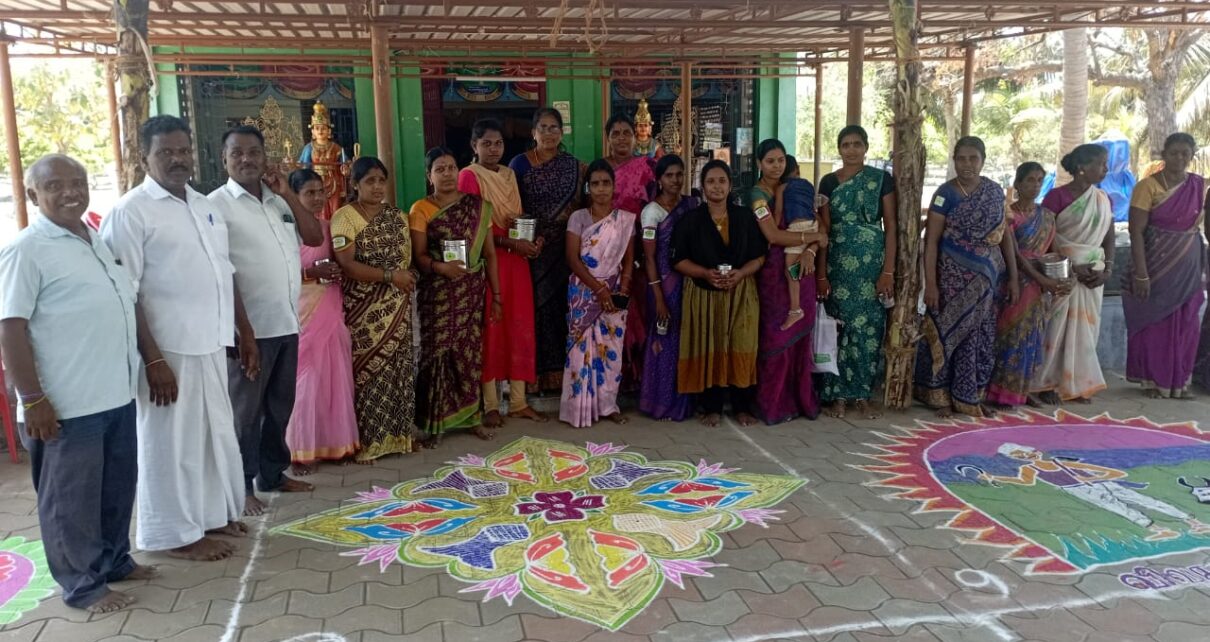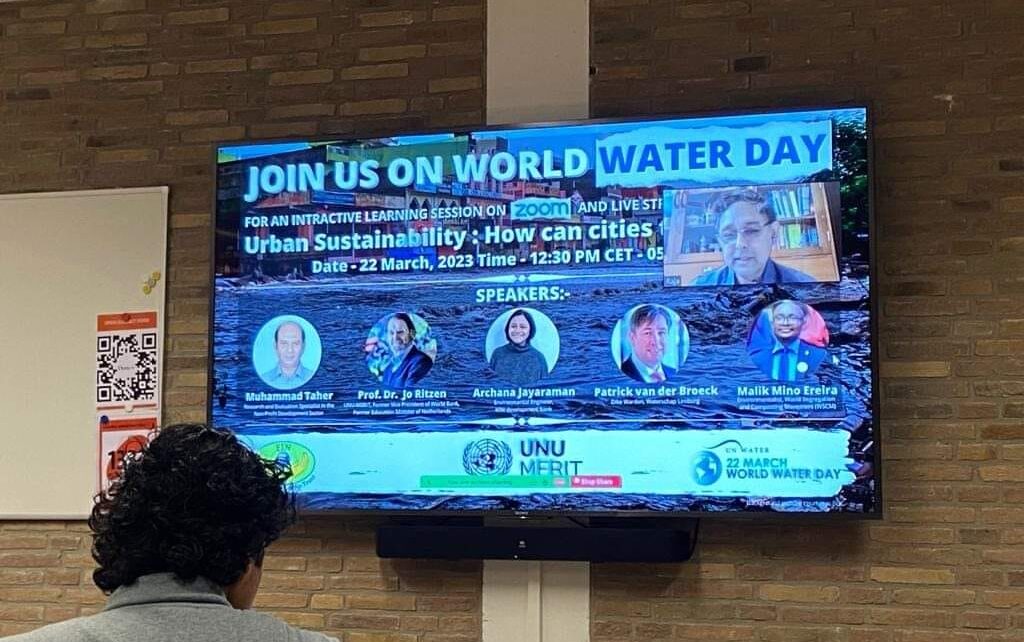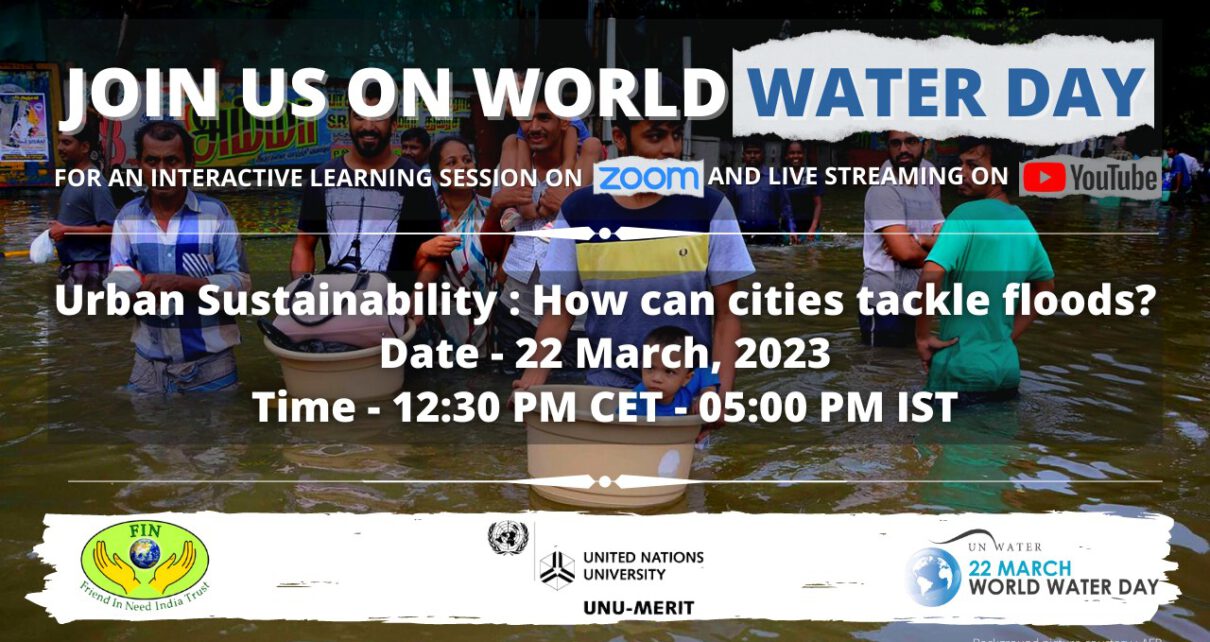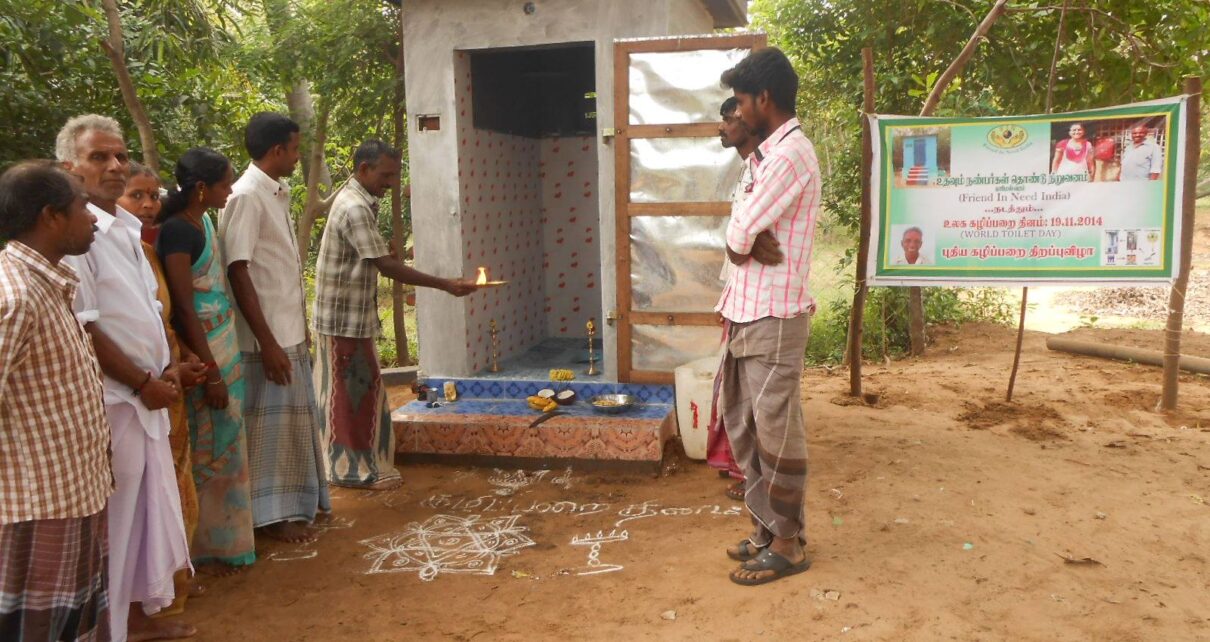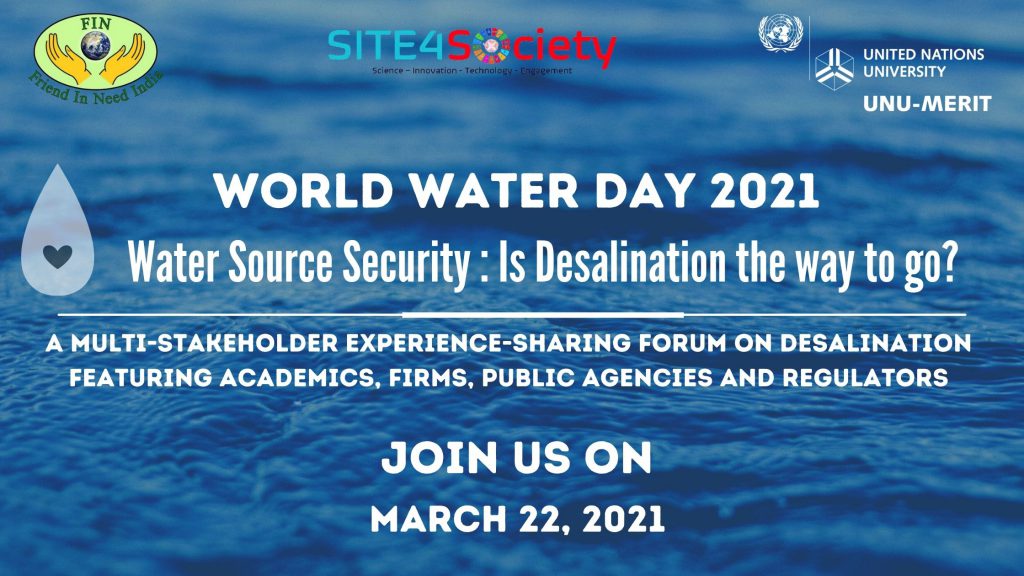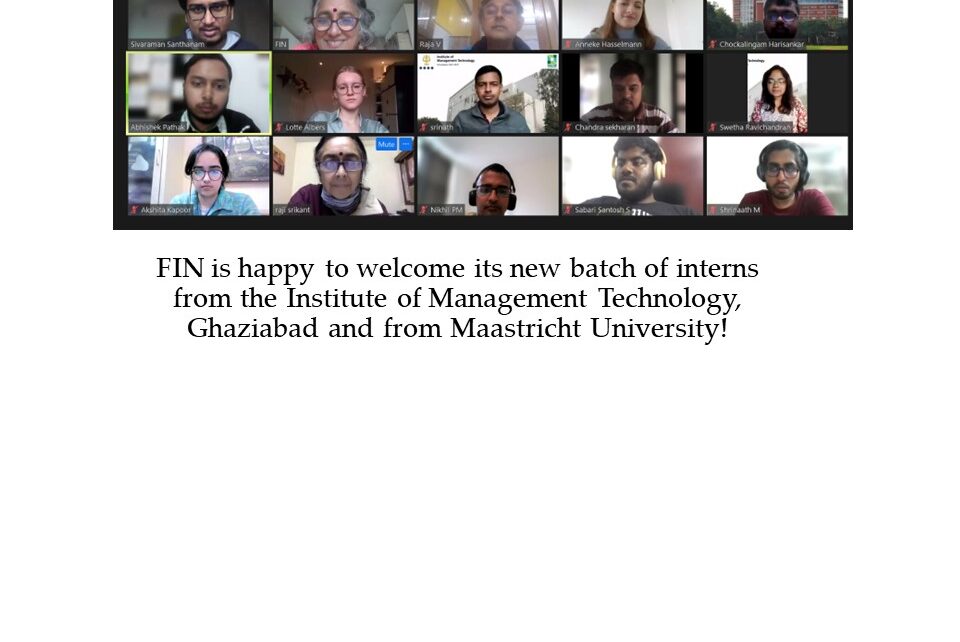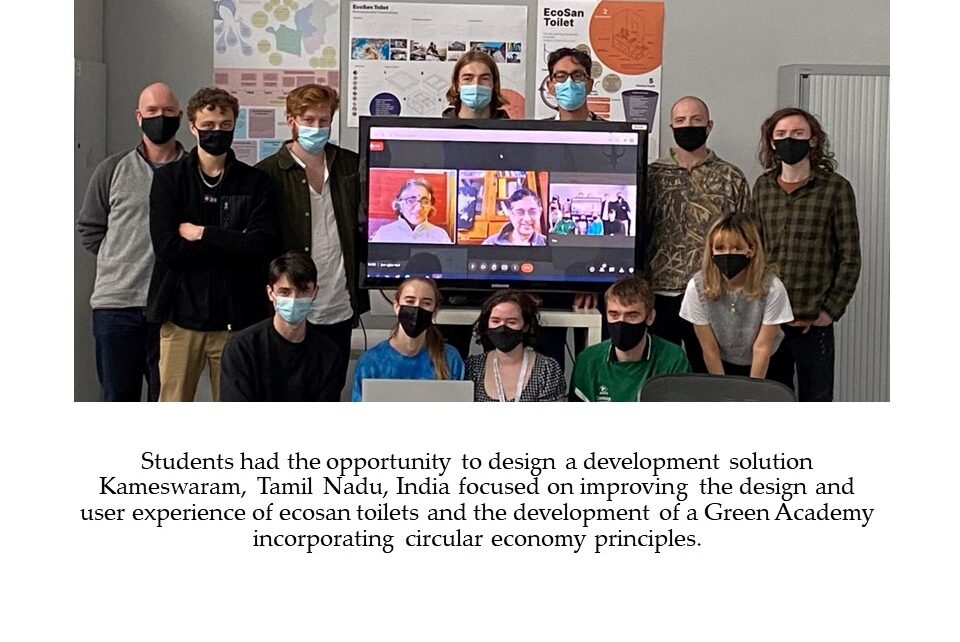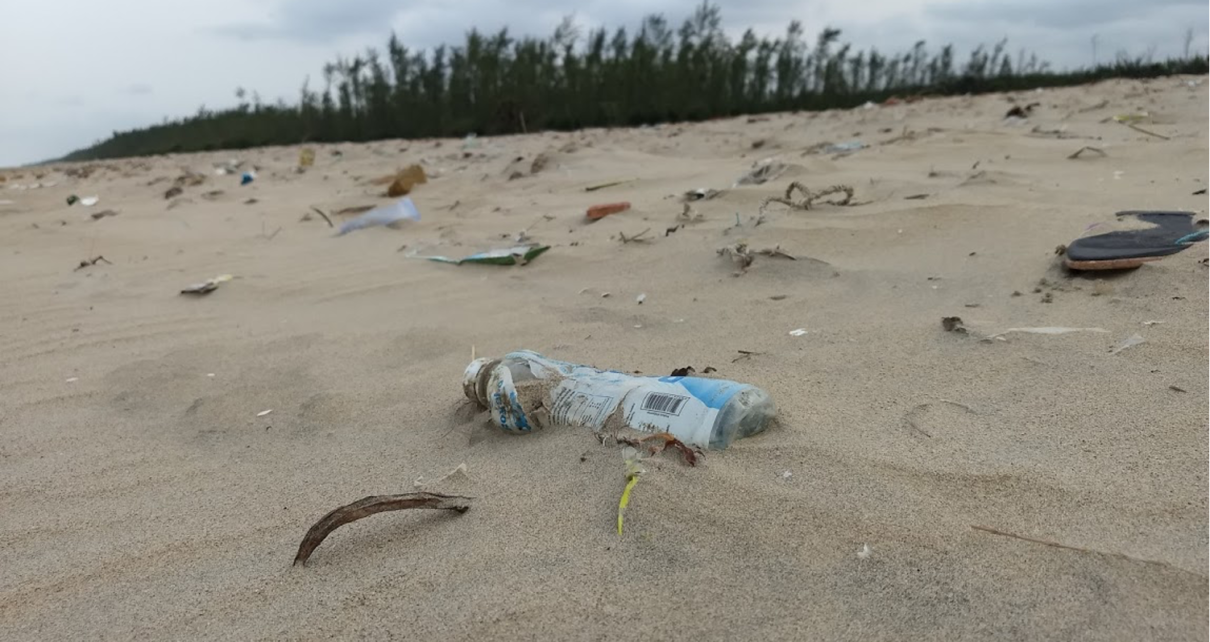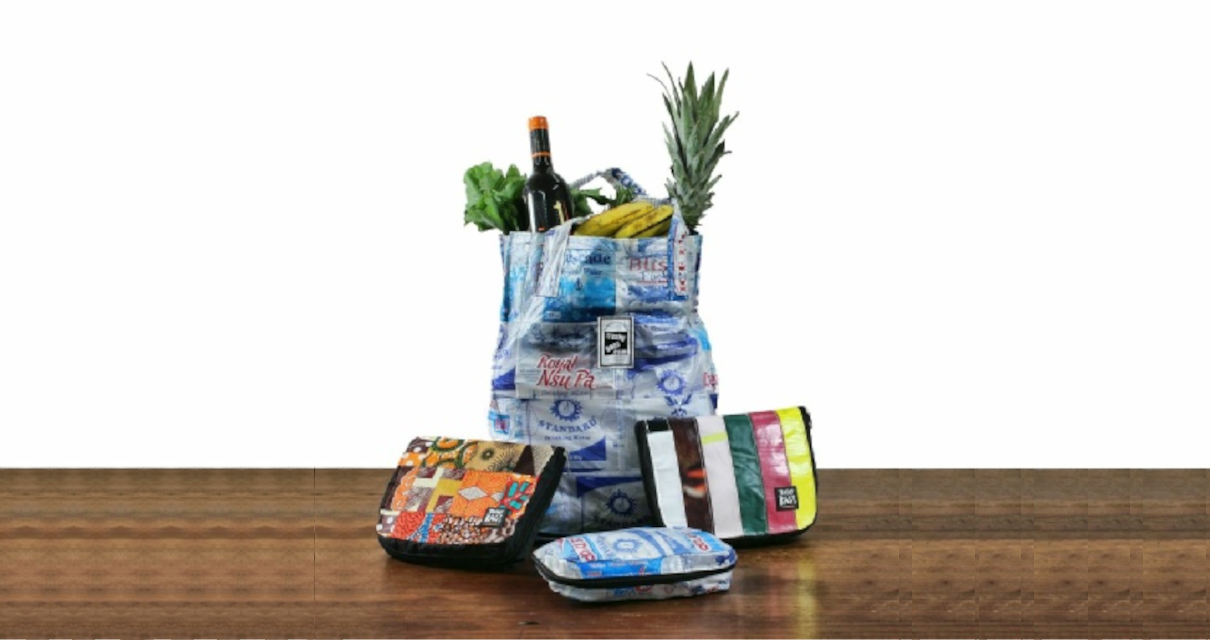All over India, at least in rural areas, first thing in the morning, women sprinkle water on the front yard, just outside the front door, clean it and decorate it with a design traced with some flour. In Tamil, this is called a Kolam, and in Hindi as a Rangoli. So, a woman’s day begins […]
